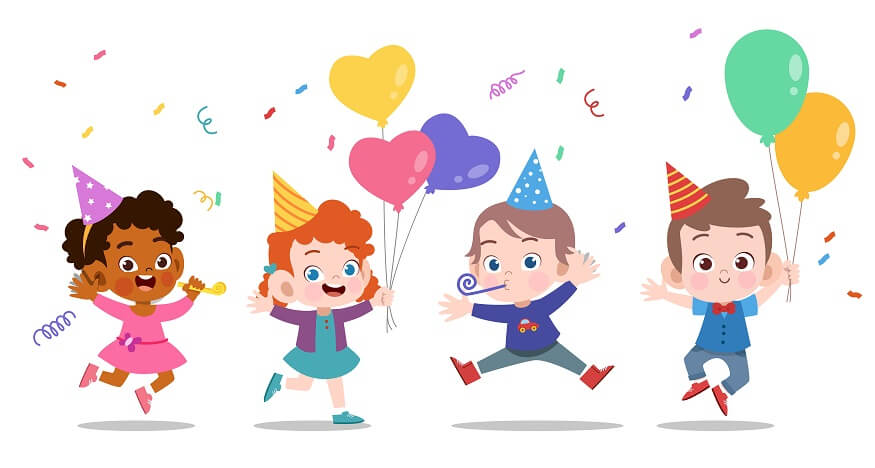In life, we often walk a fine line between luck and personal agency. The actions we take may be influenced by chance or shaped by deliberate planning. By developing a better understanding of how chance operates, we can make more informed, rational decisions, ultimately achieving our goals.
When we consider chance critically, it can be defined as random or spontaneous events beyond our control. Often associated with luck, these occurrences appear unpredictable and sometimes chaotic. For example, meeting someone unexpectedly or discovering a new passion by accident can define pivotal moments in our lives. While chance may be unpredictable, the way we respond to it is significant. Choice, by contrast, is intentional—a conscious decision made with purpose.
In our daily lives, we face countless choices, some minor and others with far-reaching effects. The actions we choose lay the foundation for our future, regardless of how much influence chance may have. While our environment is often shaped by random factors, we possess the freedom to respond and adapt to it. Recognising the distinction between chance and intentional decision-making is crucial for personal growth and character development.
The relationship between choice, chance, and change forms a powerful formula for personal growth and success. Embracing change often requires us to step out of our comfort zone, which involves taking risks. When we choose an opportunity or challenge, we set the conditions necessary for change to occur.
How Opportunities Influence Better Decision-Making
It is challenging to determine whether chance or choice has a more profound impact on our lives. Although opportunities may arise by chance, the decisions we make in response shape the outcomes. For instance, two people might encounter the same opportunity unexpectedly, yet each person’s reaction could lead to entirely different results—one may seize the moment, while the other might overlook it. Thus, while chance presents opportunities, the choices we make ultimately shape the outcome.
It’s essential not to rely solely on choice, nor to dismiss the role of chance entirely. Striking a balance between both allows us to handle life’s challenges more effectively. By recognising opportunities in systematic decision-making and remaining open to the influence of chance, we increase our likelihood of success.
Mastering Chance: The Key to Smarter Decision-Making
Acknowledging that life is a blend of destiny and chance helps us harness the benefits of each. Understanding the influence of chance allows us to make decisions based on rational analysis, rather than intuition alone.
Here are some ways understanding chance can enhance decision-making:
- Risk Assessment
Knowledge of probabilities enables us to identify opportunities with high chances of success and avoid unnecessary risks. - Informed Decision-Making
By weighing potential outcomes, we can balance positive and negative consequences, which is particularly important when facing high-stakes choices, such as business ventures. - Avoiding Cognitive Bias
People often overestimate the likelihood of rare events, such as winning the lottery. Recognising these biases helps us make more grounded, practical decisions. - Long-Term Perspective
Considering chance in decision-making encourages a focus on long-term gains rather than short-term rewards. A current opportunity may seem less appealing now but yield greater benefits in the future. - Improved Problem-Solving
By distinguishing aspects influenced by chance, we can make wiser, more rational choices, minimising potential losses.
Studying chance allows individuals to better assess risks and rewards in any situation, leading to more balanced decisions, reduced biases, and a stronger focus on strategic outcomes.
Also read- https://www.euroschoolindia.com/blogs/ways-to-improve-child-decision-making/
Conclusion
Ultimately, understanding chance empowers us to navigate uncertainty with clarity. The interplay between chance and choice amplifies our potential to make sound decisions. While we may not control random events, we can choose how we respond. By assessing risks, avoiding biases, and focusing on long-term outcomes, we improve the quality of our choices and increase the likelihood of success.











